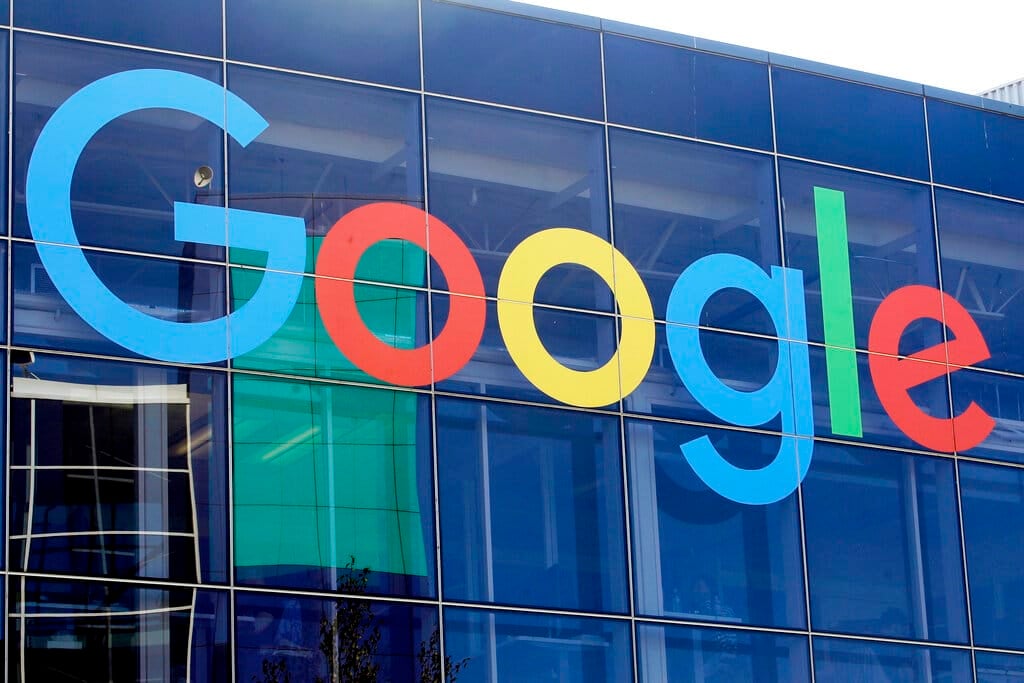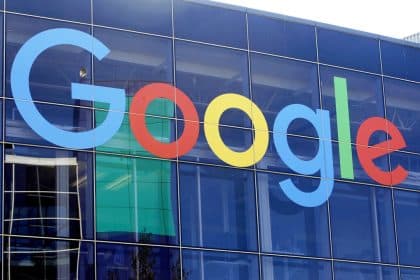Google Accused of Unfair Search Engine Competition

WASHINGTON — Search engine giant Google endured accusations Tuesday in federal court in Washington, D.C., that it unfairly squeezed out competition through contracts that were similar to ultimatums.
The contracts with computer and smartphone makers sometimes required them to use Google as their default search engine or lose out on potentially huge amounts of shared ad revenue.
Google’s parent company, Alphabet Inc., is valued at $1.72 trillion, according to its Securities and Exchange Commission filings. The company controls about 90% of the internet search engine market.
Justice Department attorneys say the company violated antitrust laws to achieve its rise to riches.
The civil trial is expected to last about 10 weeks. The outcome is likely to determine whether Google retains its predominance as the world’s largest internet search engine.
“Google’s contracts ensure that rivals cannot match the search quality ad monetization, especially on phones,” Justice Department attorney Kenneth Dintzer said during his opening statement Tuesday. “Through this feedback loop, this wheel has been turning for more than 12 years. It always turns to Google’s advantage.”
Google’s contracts have won it a place as the default search engine on major internet platforms like Yahoo, Safari and Mozilla Firefox. Its competitors had no meaningful method to win the same internet placement, the Justice Department argues.
“Your honor, this is a monopolist flexing,” Dintzer said.
In one example, Dintzer said Google threatened to withhold revenue from Apple Inc. unless it gave “default placement” on all the computer and smartphone maker’s devices. The contract also prohibited Apple from redirecting searches to its Siri voice-activated assistant.
Google reportedly pays Apple about $15 billion a year to ensure its search engine is the default option on Apple devices.
Google’s attorneys argue the company’s contracts benefit its business partners by giving their mutual customers quick access to a sophisticated search engine.
In some cases, preloaded Google apps on Android smartphones increase consumer options by competing with Apple’s iOS operating system, according to Google.
“Users today have more search options and more ways to access information online than ever before,” said Google attorney John Schmidtlein.
The other options are “a few easy clicks” away if consumers choose to replace the Google app on their devices with Microsoft’s Bing, Yahoo or other search engines, he said.
The Justice Department’s antitrust complaint is being joined by a separate lawsuit filed against Google by 40 states.
The states make similar arguments by saying Google rigs its search results to direct users to its own products but gives competitors a lower placement. The result is consumers miss out on the best deals, according to the lawsuit.
The trial before U.S. District Judge Amit Mehta is being done in two parts. The first part will determine whether Google violated antitrust laws.
In the second part, the judge will order remedial measures if there was an antitrust violation. They could include paying a fine or an order to stop the business practices that represented unfair competition.
A larger issue is what the case likely means for the future of the internet and Big Tech generally. Some members of Congress have been calling for more regulation of Google, online retailer Amazon.com Inc. and social media companies Meta Platforms Inc. and X Corp., formerly known as Twitter.
Previous Big Tech antitrust trials put big dents in the business of software company Microsoft Corp. in 1998 and AT&T Inc. in 1974. The AT&T breakup led to the cellphone industry. The Microsoft antitrust lawsuit paved the way for search engines like Google to enter the market.
A ruling in the Google case is expected early next year.
You can reach us at [email protected] and follow us on Facebook and Twitter























